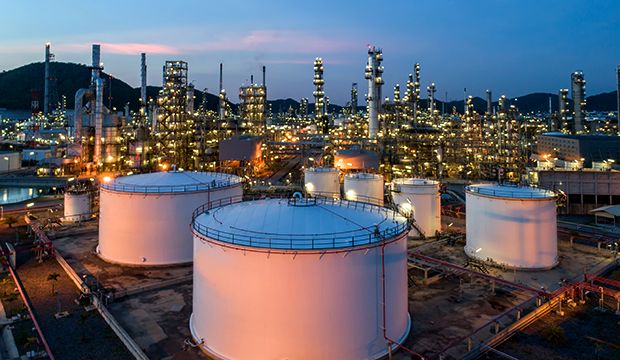The demand for fossil fuels and the resulting increase in global emissions are expected to peak, according to the International Energy Agency. As soon as 2025, it might happen.
According to the International Energy Agency, the energy crisis brought on by Russia’s invasion of Ukraine could change the world’s energy system for decades and hasten the switch to renewable energy sources.
In its latest annual World Energy Outlook, the IEA said that the energy crisis was “causing profound and long-lasting changes that have the potential to hasten the transition to a more sustainable and secure energy system.”

Despite the fact that Russia used to be the world’s largest exporter of fossil fuels, the International Energy Agency (IEA) predicted that after its invasion of Ukraine, the country won’t play as much of a role in the world’s energy supply, with its share falling from 20% in 2021 to 13% by 2030.
“Energy markets and policies have changed as a result of Russia’s invasion of Ukraine, not just for the time being, but for decades to come,” said Fatih Birol, the IEA’s executive director.
“Before our very eyes, the energy world is undergoing a profound change. Government responses around the world promise to make this a historic and definitive turning point towards a cleaner, more affordable, and more secure energy system”, Birol added.
IEA Says Global Emissions To Peak In 2025
In 2021, the IEA said there was “no clear peak in sight” in energy emissions, but new investments into renewable energy were now leading to a decrease in the demand for all fossil fuels.
It predicts that by 2030, annual investments in renewable energy will rise by 50% to $2 trillion.
For the first time since they began their modeling, this meant that a peak—or at the very least, a plateau—for the demand for fossil fuels was in sight. The IEA predicts that after 2025, energy emissions will begin to decline.
According to the IEA, while the demand for natural gas will peak at the end of the decade, the use of coal is anticipated to decline over the next few years.
As the number of electric vehicle sales rises, oil demand is expected to peak in the middle of the next decade before declining.
In What Ways Does This Affect Projections Of Climate Change?
The International Energy Agency (IEA) claims that its energy projections will keep the world on course for an increase in global temperatures of about 2.5 degrees Celsius (77 degrees Fahrenheit) by the end of the century. Droughts, floods, and other severe weather events would probably increase as a result of this.
The IEA forecast that clean energy investments would increase to $4 trillion per year by 2030, up from the current forecast of $2 trillion, in order to reach zero net emissions in 2050, which is required to stay on the 1.5 degree Celsius track.
Reference: https://www.dw.com/en/iea-energy-crisis-can-accelerate-green-transition/a-63569822
